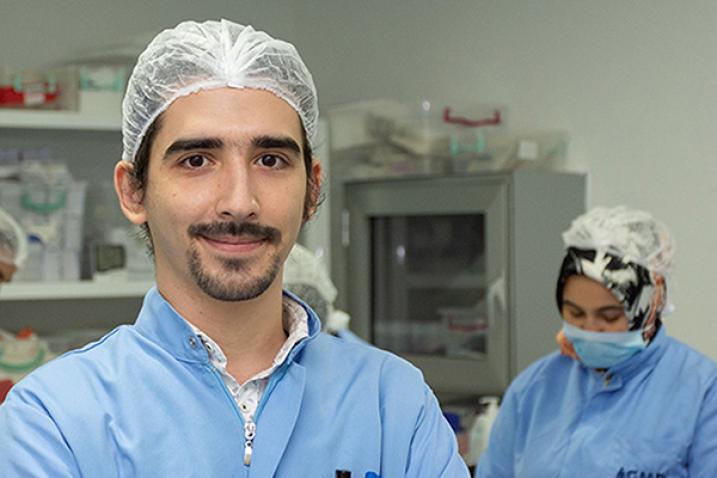Recovery in youth employment is still lagging, according to a new report by the International Labour Organization (ILO), which confirms that the COVID-19 pandemic has hurt young people more than any other age group.
The report was published ahead of the International Youth Day on Friday (12 August). UN Secretary-General Antonio Guterres said that the objective of the International Youth Day 2022 is to amplify the message that action is needed across all generations to achieve the Sustainable Development Goals (SDGs) and leave no one behind.
“On this important day, let’s join hands across generations to break down barriers, and work as one to achieve a more equitable, just and inclusive world for all people," he stressed. “The day will raise awareness on certain barriers to intergenerational solidarity, notably ageism, which impacts young and old persons, while having detrimental effects on society as a whole.”
According to the ILO report its young people that most need intergenerational solidarity. The Global Employment Trends for Youth 2022 report finds that the pandemic has exacerbated the numerous labour market challenges facing those aged between 15 and 24 years, who have experienced a much higher percentage loss in employment than adults since early 2020.
The total global number of unemployed youths is estimated to reach 73 million in 2022, a slight improvement from 2021 (75 million) but still six million above the pre-pandemic level of 2019.
The share of youth not in employment, education or training (NEET) in 2020 – the latest year for which a global estimate is available – rose to 23.3 per cent, an increase of 1.5 percentage points from the previous year and a level not seen in at least 15 years. This group of young people are at particular risk of seeing their labour market opportunities and outcomes deteriorate also over the longer-term.
In the European Union, the introduction and expansion of the European Youth Guarantee in the wake of the previous global financial and economic crisis has been instrumental in reducing the impact of the COVID-19 pandemic on youth employment and NEET in the EU-27 countries.
Young women are worse off than young men. In 2022, 27.4 per cent of young women globally are projected to be in employment, compared to 40.3 per cent of young men. The gender gap, which has shown little sign of closing over the past two decades, is largest in lower-middle-income countries, at 17.3 percentage points, and smallest in high-income countries, at 2.3 percentage points.
Investment in the green, digital and care economies would boost job creation but must be accompanied by the promotion of decent working conditions for all young workers, the study says.
This includes ensuring that they enjoy fundamental rights and protections including freedom of association, the right to collective bargaining, equal pay for work of equal value, and freedom from violence and harassment at work.
“The COVID-19 crisis has revealed a number of shortcomings in the way the needs of young people are addressed, especially the more vulnerable such as first-time jobseekers, school dropouts, fresh graduates with little experience and those who remain inactive not by choice,” said Martha Newton, ILO Deputy Director-General for Policy.
“What young people need most is well functioning labour market, along with quality education and training opportunities for those yet to enter it,” she added.
The Brussels Times

